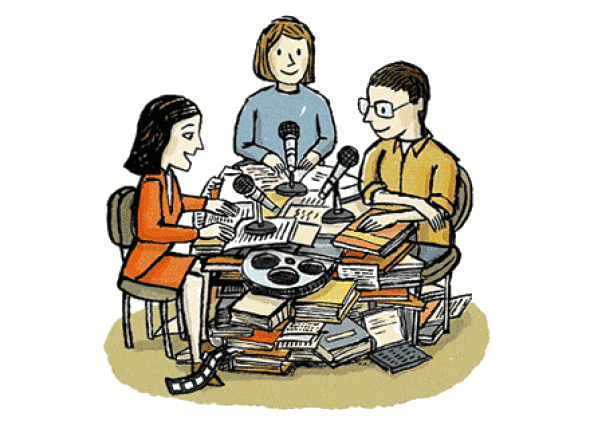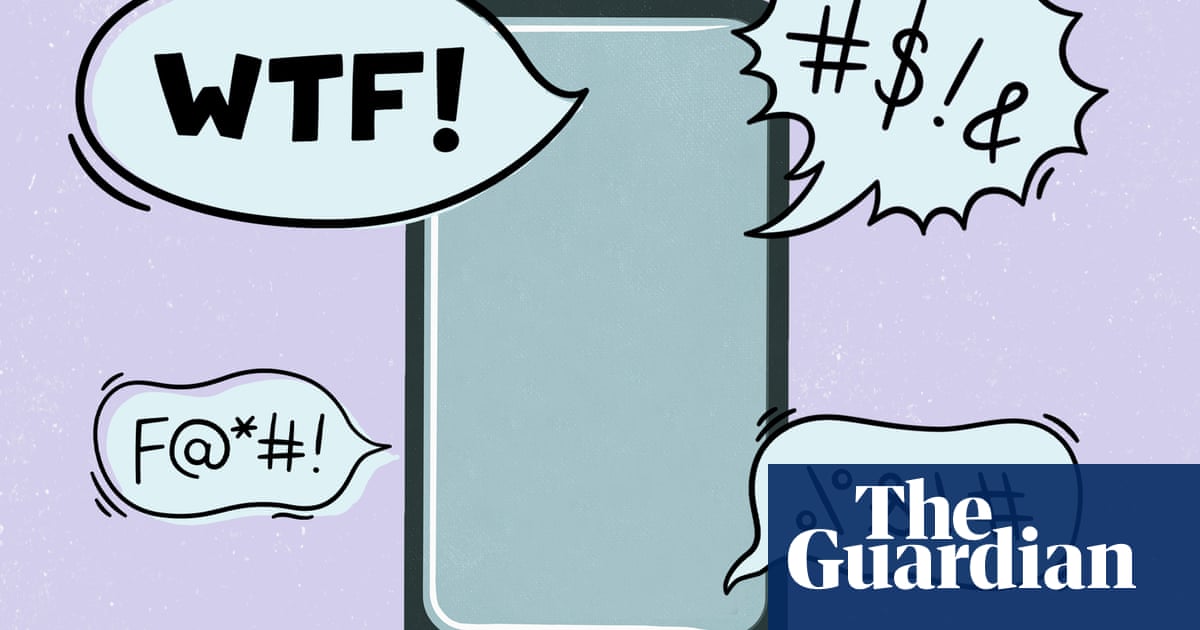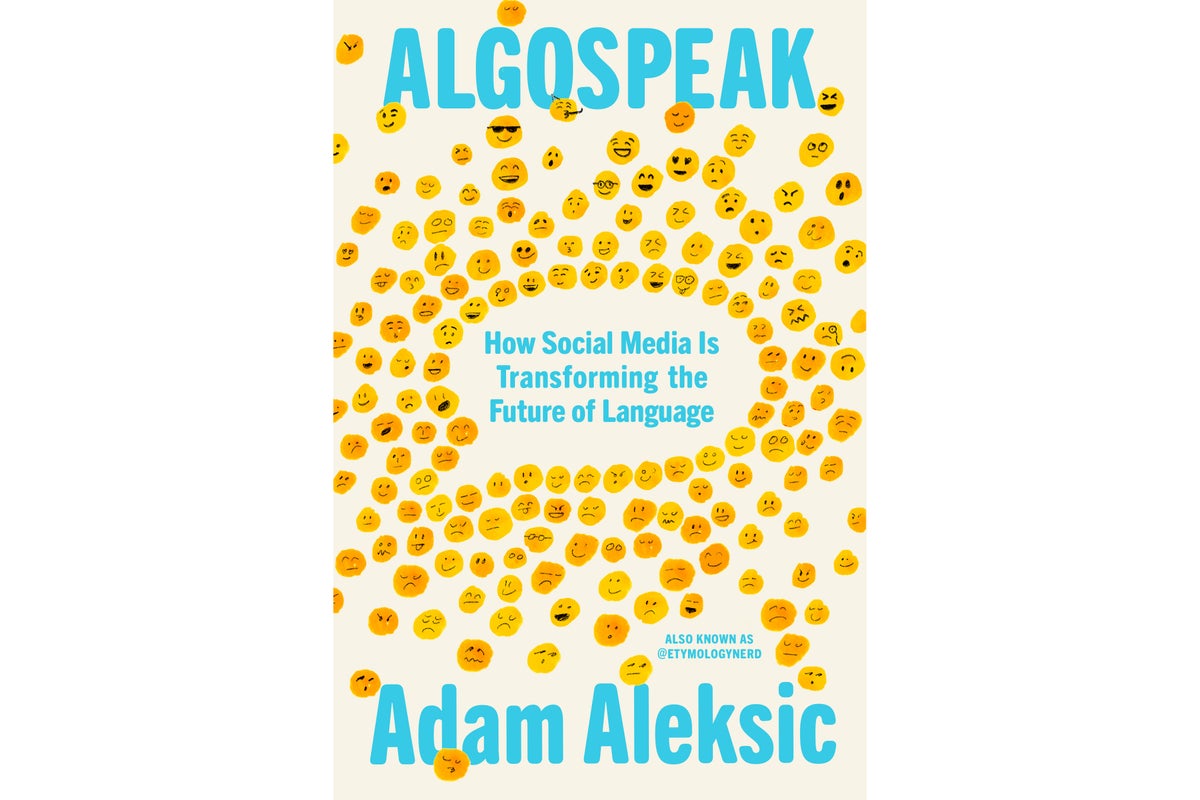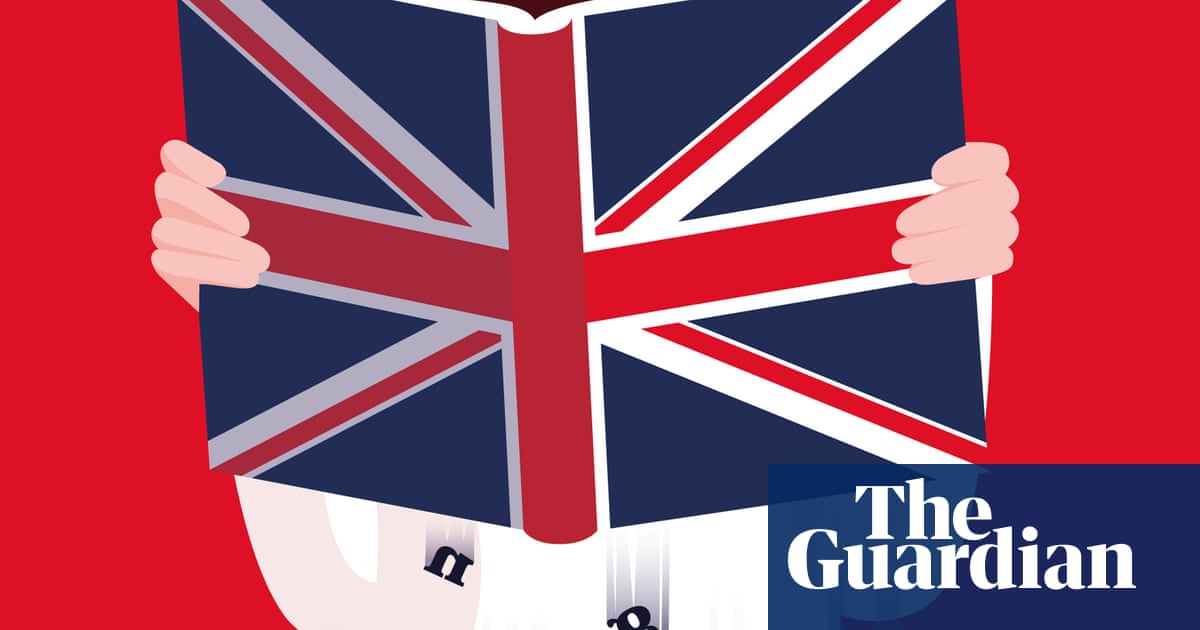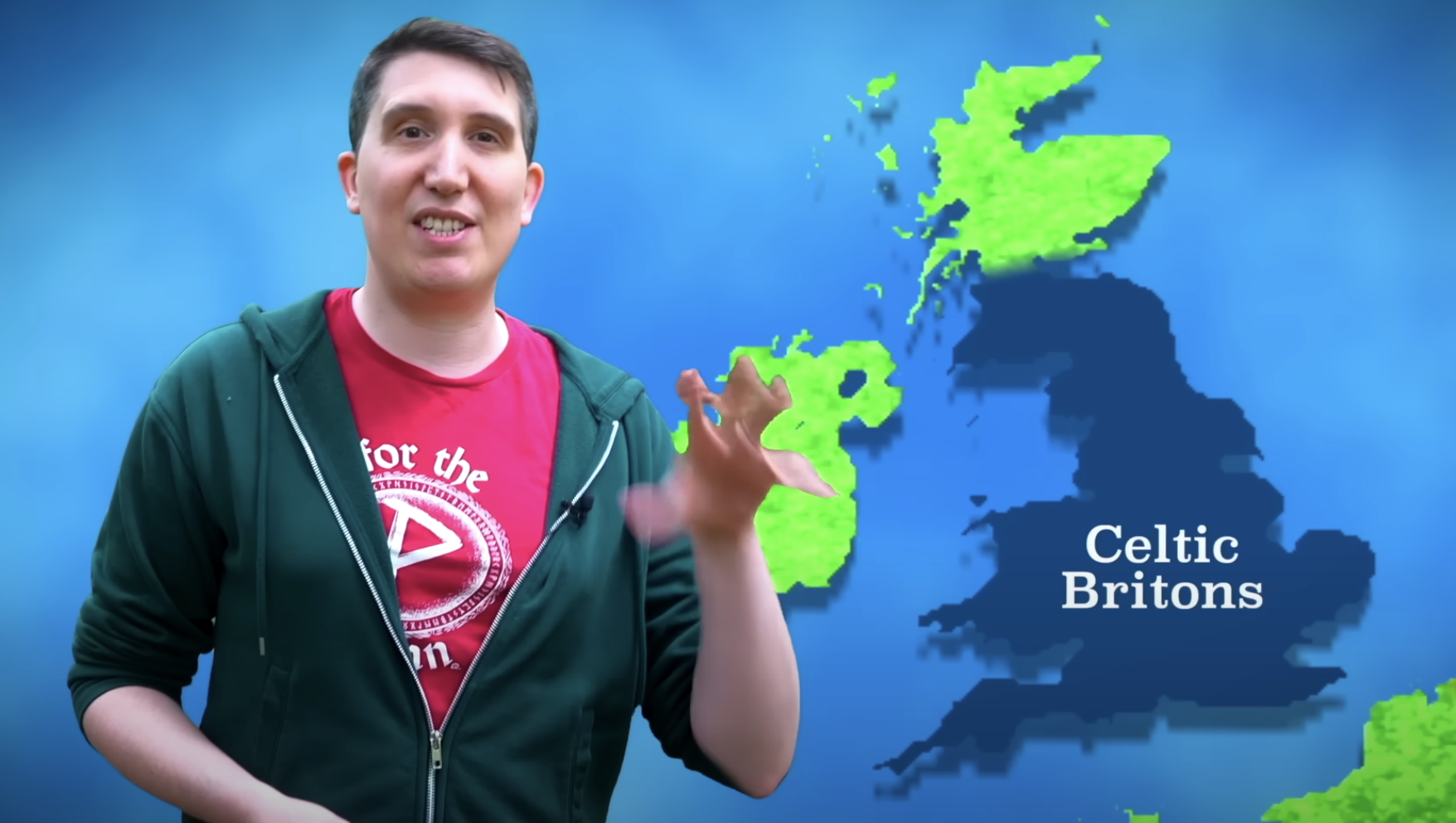#linguistics
#linguistics
[ follow ]
fromwww.dw.com
1 month ago'Avatar': How the Na'vi language was constructed DW 12/18/2025
"It's been quite a remarkable event in my life," says linguist Paul Frommer, recalling his first encounter with James Cameron. Searching for someone to develop a constructed language for a science-fiction film, the renowned director had sent an email to the linguistics department of the University of Southern California. In his application for the job, Frommer convincingly expressed his enthusiasm for the challenge.
Film
Canada news
fromwww.theguardian.com
1 month agoMark Carney criticised for using British spellings in Canadian documents
Canadian linguists criticized Prime Minister Mark Carney for using British spellings in official documents, urging adherence to Canadian English to preserve national linguistic identity.
fromwww.berkeleyside.org
1 month agoRemembering Alan Burkett, architect who helped get UC Berkeley's Stanley Hall and East Asian Library built
Alan Lee Burkett passed away on Oct. 23, at the age of 68, surrounded by his loving family and friends. Alan was a beloved husband, father, brother, uncle and friend. Alan loved to row in the bay, swim in the ocean, backpack in the wilderness, ski in the backcountry, ride his bike anywhere, enjoy the art of word play and spend time with family.
Higher education
fromFast Company
1 month agoThe danger of believing business myths
There's an old myth that Inuit cultures have as many as a hundred words for snow. I remember learning about it in school, and there was just something wonderful about the idea that people's perceptions can be so deeply rich and different. I guess that's why, although it has been debunked many times, the story keeps getting repeated. There is also a lot of truth to the underlying concept.
Books
US politics
fromWashingtonian - The website that Washington lives by.
1 month agoWhy Is the Phrase "Pearl-Clutching" So Popular Around DC?
Politicians across the spectrum increasingly use "pearl-clutching" to dismiss critics, invoking a dismissive, gendered image that undermines substantive engagement.
fromNature
3 months agoWarning signs
If you are reading this, your world is in grave danger. Touch nothing. Take no samples. Leave this place immediately. Destroy everything you have brought here, and never return. We have left this message in stone, in every language we have ever known, to stop a horrible threat. Heed these words, even though you do not want to. "What does it say?" "Beats me." "Isn't language supposed to be a big subject for a linguistics specialist?"
Writing
fromwww.npr.org
3 months agoLove pumpkin spice lattes? Learn some of its spicy history
"For a long, long time, spicy meant exactly what it is supposed to be: that which is containing spice, or redolent of spice," Anatoly Liberman, a linguist at the University of Minnesota. But it was around the 19th century, that records show people started to use spicy in other less literal ways, he said. It can also refer to "racy" or "engagingly provocative" in reference to scandalous gossip or anything tantalizing.
US news
fromAxios
4 months agoPecan is a rising fall flavor - however you pronounce it
The intrigue: The debate on how to say "pecan" is still nutty. According to Merriam Webster "puh-KAWN," "puh-CAN," and "PEE-can" are widely used. And depending on which survey you point to, either "PEE-can" (preferred by Northeasterners) or "puh-KAWN" is the most popular way for Americans to say it. Some people have very strong feelings about their preferred pronunciation.
Writing
fromZDNET
4 months agoChatGPT speak is creeping into our everyday language - here's why it matters
Delve, intricate, surpass. Perhaps you've been hearing and seeing these words more often -- ChatGPT may be to blame. People are adopting language from the chatbot's lexicon, according to Florida State University researchers . The university's Modern Languages and Linguistics, Computer Science, and Mathematics departments collaborated to reveal that the chatbot's most overused words are influencing human speech patterns.
Artificial intelligence
fromWashingtonian - The website that Washington lives by.
4 months agoAuthor Deborah Tannen on How Her Love for Language Began
If women speak and hear a language of communication and intimacy, while men speak and hear a language of status and independence, then communication between men and women can be like a cross-cultural communication . . . .
Books
fromPsychology Today
7 months ago7 Essentials for Improving Conversations
The most basic structural rule of conversation is taking turns, with a corollary that conversational turns should be similar in length. If someone is dominating a conversation, then they are violating this basic structural rule.
Relationships
Artificial intelligence
fromHackernoon
8 months agoEmergence, Not Design, Is Powering AI's Human-Like Abilities | HackerNoon
The concepts of language evolution and randomness underline the complexities of life's origins, intertwining scientific thought and innovative advancements.
Noam Chomsky's theory of Universal Grammar has sparked debate regarding its validity in light of contemporary scientific discoveries.
fromOpen Culture
9 months agoHow Chinese Characters Work: The Evolution of a Three-Millennia-Old Writing System
Chinese characters, contrary to popular belief, are not merely pictures; they predominantly represent distinct morphemes, revealing a complex language system that goes back centuries.
Typography
[ Load more ]
